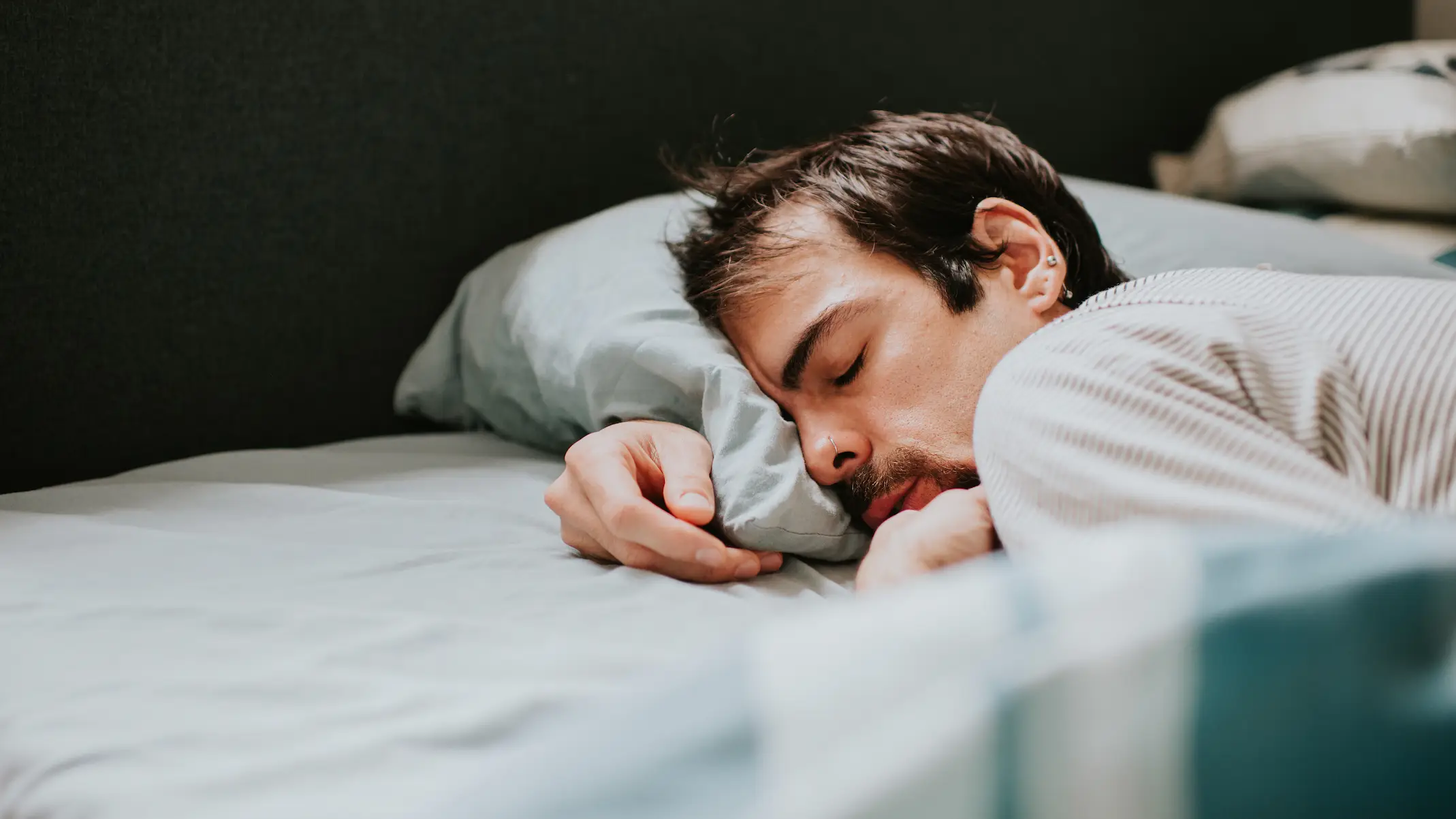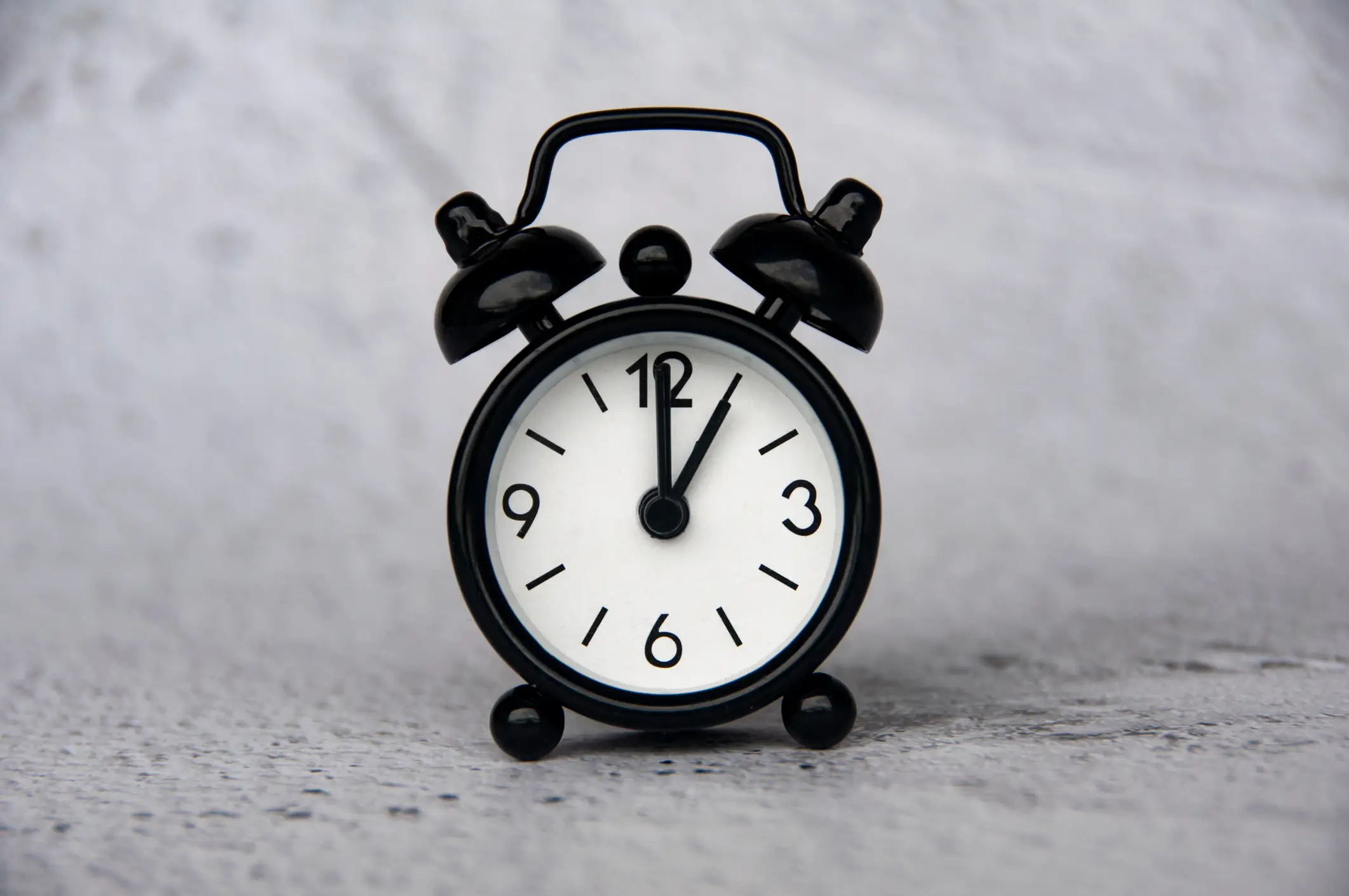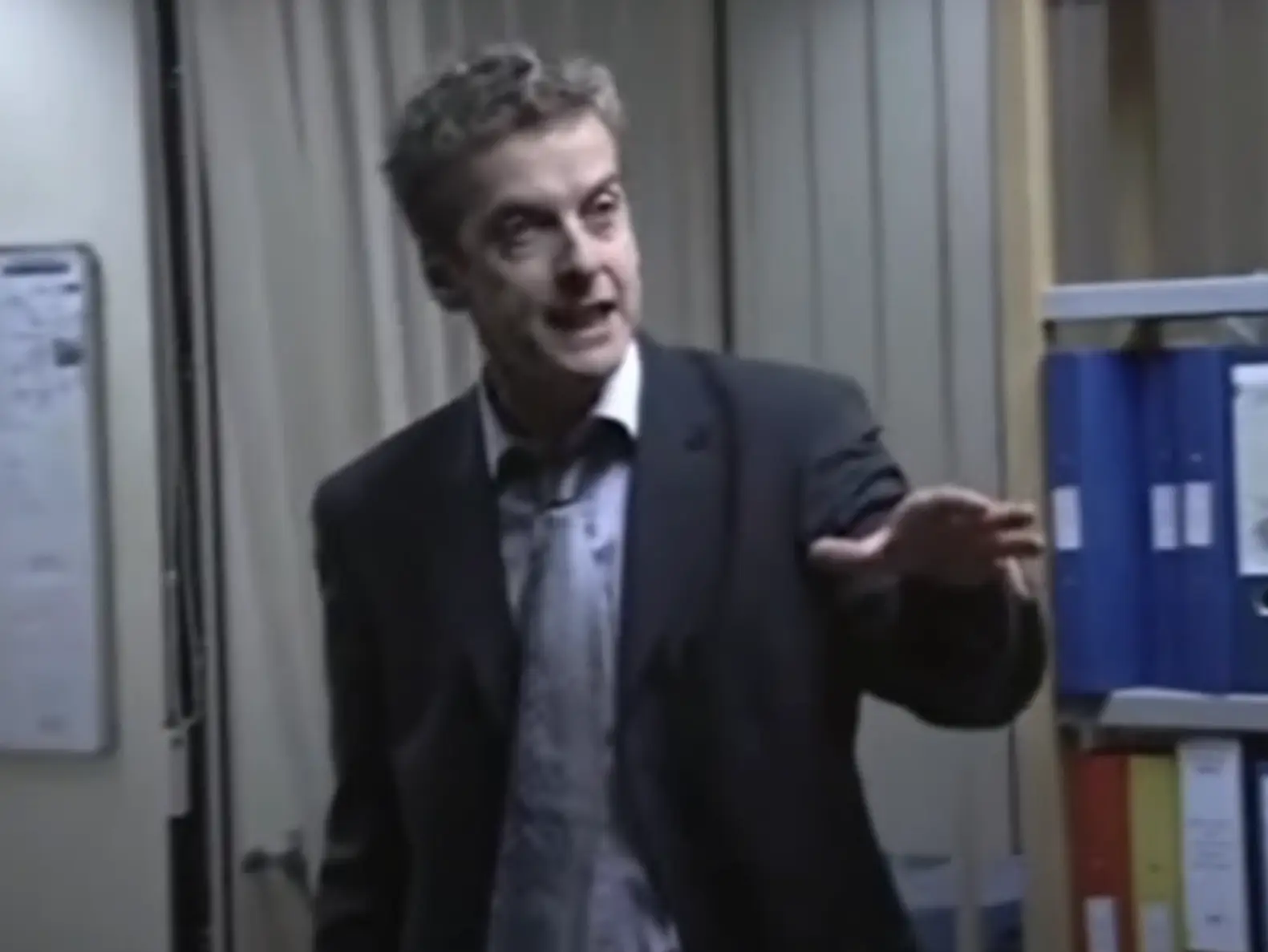
Ladies and gentlemen, make sure you set your watches properly because at 1am tomorrow (30 March) the clocks go forward.
The entire span of 1am to 2am, where most Brits are safely ensconced in the land of nod, is just going to be skipped entirely.
One second it'll be one in the morning, the very next moment it'll be two in the morning and we'll be on British Summer Time (BST) until 26 October.
Make sure you change the timers that need to be changed, though never mind about the one on your oven or microwave because those are never right, and understand that you're going to lose an hour of precious sleep during the night-time.
Advert
As you surely know, getting sleep is essential to a healthy lifestyle and while having seven hours of kip one night instead of eight isn't going to be a disaster it can throw off your circadian rhythm, the internal body clock.

Plenty of experts have warned that switching our timetable by one hour does more damage than you'd think.
Speaking to The Mirror, Tyler Woodward, health expert at Eden's Gate, said: "Your sleeping pattern is controlled by your circadian rhythm, our internal 24-hour clock which regulates when it's time to wake up and go to sleep, as well as other bodily functions such as body temperature, hormone production and digestive health.
"While losing an hour might not seem like much of a difference, it can impact your energy, causing fatigue and feeling a little more sluggish, symptomatic of jet lag."
Associate Professor Sean Cain said fiddling with the clocks was 'dangerous' as it was 'an extra bit of unhealthiness that you don’t need in general' and it all added up given how everyone was subjected to it.

Why do the clocks change?
Many a civilisation has tailored its time around the availability of sunlight throughout the year, but the idea of simply shifting things up by an hour and then shifting them back is relatively new in the grand scheme of things.
Some people changed their own personal timetables rather than making everyone change times, and it wasn't until the First World War that many countries started to adopt the method we now use.
It's a myth that it was done for the benefit of farmers as it was actually done to save on domestic consumption of coal during wartime.
Germany and Austria-Hungary introduced it in 1916, and a few weeks later the UK decided to follow suit along with many other countries.
The first ever use of BST kicked in from 21 May and ended on 1 October, 1916.
Between 1941 and 1945 the UK adopted British Double Summer Time (BDST), putting us two hours ahead for most of the Second World War.
BDST was briefly re-introduced for one year in 1947 and there was a trial to keep us on one consistent time between 1968 and 1971 but that was scrapped.